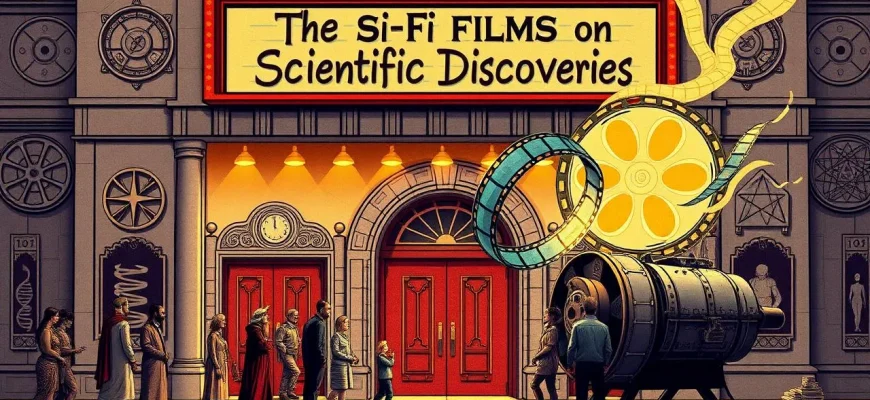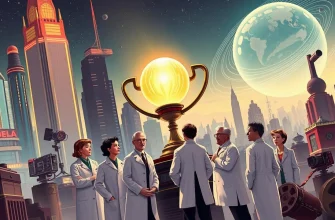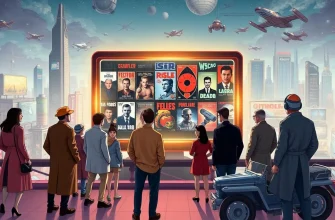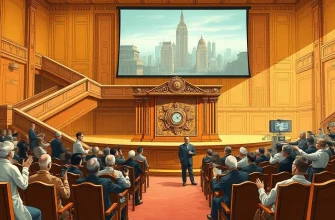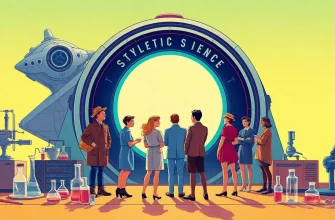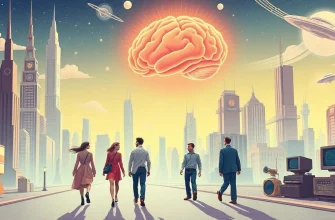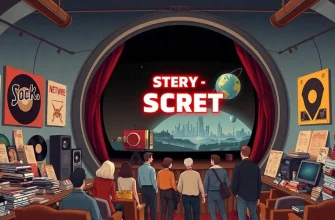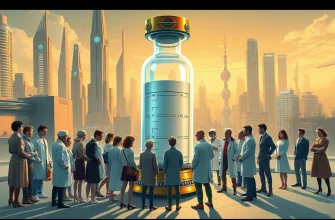If you're fascinated by the intersection of science and fiction, this curated list of films is just for you. These movies not only entertain but also spark curiosity about the real-world implications of scientific breakthroughs. From mind-bending time travel to the exploration of the cosmos, each film in this collection offers a unique perspective on how scientific discoveries can shape our future. Dive into these cinematic journeys that blend imagination with the potential of what science might uncover.
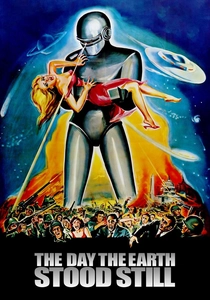
The Day the Earth Stood Still (1951)
Description: This classic sci-fi film addresses themes of nuclear disarmament and the potential consequences of scientific advancements on a global scale.
Fact: The film was remade in 2008, but the original remains a landmark for its message and influence on the genre.
 Watch Now
Watch Now
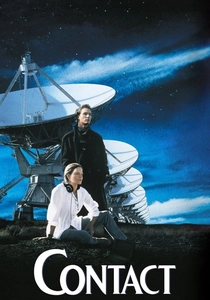
Contact (1997)
Description: Based on Carl Sagan's novel, this film explores the implications of discovering extraterrestrial intelligence, focusing on the scientific process and human reactions to such a monumental discovery.
Fact: The film's opening sequence, showing the history of communication, was inspired by Sagan's real-life work on the Pioneer plaque.
 Watch Now
Watch Now

Gattaca (1997)
Description: This film explores a future where genetic engineering determines one's social status, raising ethical questions about the manipulation of human genetics.
Fact: The film's title is derived from the letters that make up the components of DNA: guanine, adenine, thymine, and cytosine.
 Watch Now
Watch Now

Primer (2004)
Description: A low-budget film that intricately explores the concept of time travel through the lens of two engineers who accidentally create a time machine.
Fact: The film was made for just $7,000, with the director Shane Carruth playing one of the lead roles.
 Watch Now
Watch Now
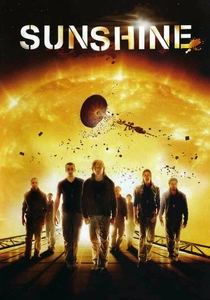
Sunshine (2007)
Description: A team of astronauts embarks on a mission to reignite the dying sun, showcasing the human spirit's drive to overcome seemingly insurmountable scientific challenges.
Fact: The film's director, Danny Boyle, used real scientists as consultants to ensure the scientific aspects were plausible.
 Watch Now
Watch Now

Ex Machina (2014)
Description: A modern take on the Turing test, this film delves into the creation of artificial intelligence and the ethical dilemmas surrounding it.
Fact: The film was shot in a single location, a remote house in Norway, to enhance the feeling of isolation and focus on the characters.
 Watch Now
Watch Now
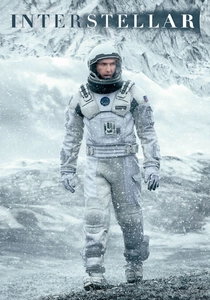
Interstellar (2014)
Description: This epic space adventure delves into the theory of wormholes and the potential for human survival beyond Earth, making it a quintessential film about scientific exploration.
Fact: Christopher Nolan worked with physicist Kip Thorne to ensure the film's depiction of black holes and wormholes was scientifically accurate.
 Watch Now
Watch Now
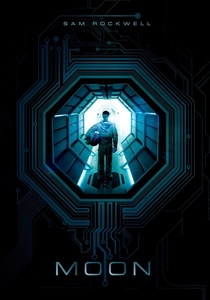
Moon (2009)
Description: This film explores themes of cloning, isolation, and the psychological effects of space travel, all set against the backdrop of a lunar mining operation.
Fact: Duncan Jones, the director, is the son of David Bowie, who also contributed to the film's soundtrack.
 Watch Now
Watch Now
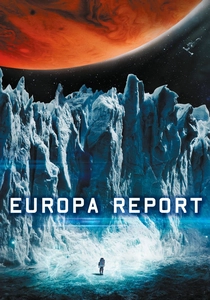
Europa Report (2013)
Description: A realistic portrayal of a manned mission to Europa, one of Jupiter's moons, to search for signs of life, emphasizing the scientific method and the risks of space exploration.
Fact: The film uses a found-footage style to give it a documentary feel, enhancing the realism of the mission.
 Watch Now
Watch Now
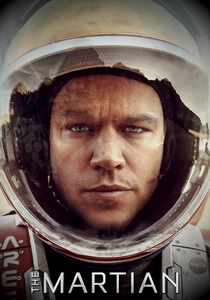
The Martian (2015)
Description: A tale of survival and ingenuity, where astronaut Mark Watney uses his scientific knowledge to survive on Mars, showcasing the power of human intellect and perseverance.
Fact: The film's science advisor, Andy Weir, is also the author of the novel on which the movie is based.
 Watch Now
Watch Now

